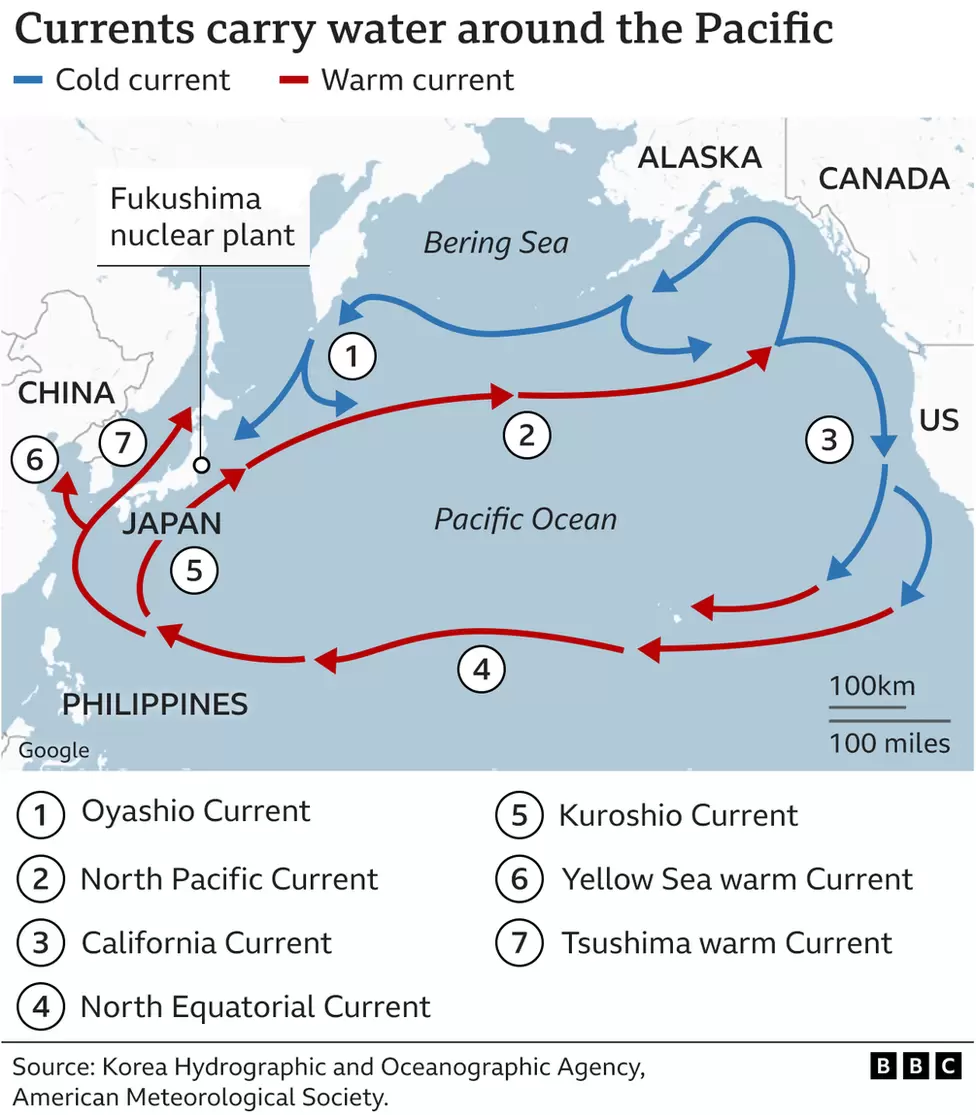Japan sparked environmental concerns nationwide on Aug. 24, as radioactive water was released into the Pacific Ocean.
Around 2011, one of the deadliest earthquakes and tsunamis, Tohoku, had severe reactors through the Fukushima Daiichi nuclear power plant. On Tuesday, starting from Aug. 24, Japan announced that over one million metric tons of treated radioactive water from the damaged Fukushima nuclear power plant would be sent to sea. This plan has faced significant criticism from all over the world, particularly from China.
When Japan released this statement, news flashed as many people were concerned for the marine environment. However, it remains to be seen what will happen in the future. According to BBC, it shows that the wastewater released will impact the fish and our health. Radiation exposure in the fish could cause an imbalance to the food web and a high risk of cancer among humans who eat the fish.
Countries like China and the UN-appointed human rights experts are currently opposing this choice with other environmental activists, as they are advocating how much destruction this release will cause. For instance, the Chinese government banned all imports from Japanese seafood, and supported how there were many failures with the Japanese electric power system.
In particular, in 2021, energy resources were scarce in Japan when the energy was low due to the earthquake following Tohoku. Food safety has been one of the most contentious topics in China, but as more of the root causes are revealed, they are doing their best to avoid it.
Other countries as well as fishermen from Fukushima and scientists from the United States also put their thoughts into this issue. Since 2011, the Fukushima-damaged water plant has faced one of Asia’s most dangerous concerns. Slowly, citizens nationwide believe that this marine environment issue will finally improve. But once Japan released the news of wastewater thrown into the ocean, fishermen believed this would again be something people are more dangerously concerned about.
Additionally, according to the BBC in 2023, “UN-appointed human rights experts and scientists are uncomfortable with the plan as they say it requires more studies on how it would affect the ocean bed and marine life.”
As more critics put their input into the Fukushima water crisis, Japan has stated that the nuclear water will be cleaned. Japan said tritium levels in the water will be below those considered safe for drinking under World Health Organization standards. Japan also decided rapidly to respond to China.
“Rather than unnecessarily heighten people’s concerns through transmissions not based on scientific evidence, we continue to ask that China transmit accurate information,” Japan’s Foreign Minister said. As this project will continue for more than decades, there are no accurate conclusions about who is right.






